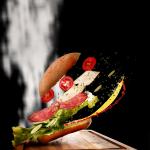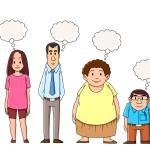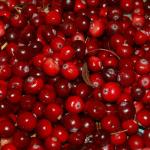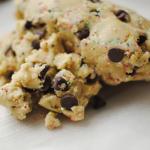Let’s start with the four components:
Food & Nutrition
Mara’s commentary steered clear of a discussion of gender (women tend to be smaller than men); lifespan; BMI, or activity on climate change, even though our ability to affect BMI or activity level is much greater than our influence on height, gend
Dark chocolate has long been considered a healthy alternative to milk or white chocolate.
How close is what we eat today to the original 1621 Thanksgiving feast? Apparently, not very close at all.
The saga began on November 9th when a small quantity of herbicide, linked to abnormal growth in lab rats, was found in the nation’s cranberry harvest. What we have come to see as the traditional lines were quickly drawn.
King Solomon may have gained some of his famed wisdom from an unlikely source – ants.
Public trust in media is near an all-time low.
Struggling to lose weight? Exposure to air pollution might be partially to blame. That's what recent headlines would have you believe, anyway.












